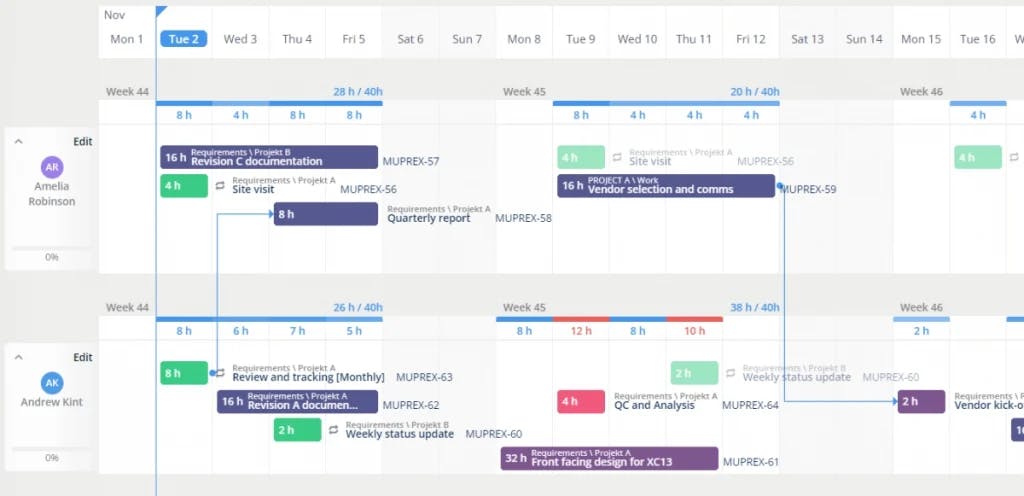Engineering Teams: Effective Workload Management
Workload management is a practice that helps teams ensure important work gets done on time while the team members are not overworked or pushed to their limits. In terms of engineering teams, it is not enough to simply schedule the tasks and assign team members to them. You have to be aware of their skillset, task urgency, and the possibility of unplanned work.
To help out with that, here are some tips on effective workload management practices for engineering teams.
Prioritize your work. Before you even set out to manage the workload, ensure your backlog is prioritized. This way, you will be able to schedule the most important items first and then focus on the less important tasks as you have additional free time.
Understand your teams' specialties. In some teams, everyone can do the same job. However, most often than not, you will be working in a team with different specialists. So, before starting to hand out tasks, ensure you know who is the best at what. And prioritize important items to those that can complete them faster.
Evaluate the slack time. Depending on the team you work on, the need for slack time will differ greatly. For some teams, 20% is perfect to account for meetings and other communication. Other teams will require much more if they are dealing with customer requests or support. The best way to go about it is to see the percentage of time such work takes up now and apply the same proportion to your plans.
Check the teams' availability. Lastly, before scheduling any tasks, check how many available hours your team members have. Using some workload management tools will allow you to input such information into the system and then show how much of that is used up across all projects.
Schedule the most important work first. As mentioned before, aim to schedule the most important items first. Once those are done, fill up the rest of the workload with lower-priority tasks. As always, don't forget to include slack time.
Discuss with your team. To finish off, discuss the final workload with your team and see if any changes need to be made. In most cases, you can hold a meeting and manage the workload together to save time.

